|
The campaign to save New Zealand's Hector's and Maui's Dolphins inevitably pits those who care about biodiversity and marine life against a fishing industry that is doing such an appalling job at protecting it. It can't be denied that some kind of character generalisations apply to the different trades that people wind up practicing. Nurses and kindergarten teachers are for the most part caring individuals, airline pilots are likely to be cool-headed and responsible, master chefs are often creative and inquisitive. Either they are shaped this way by their trade, or they are attracted to the job because they already have these qualities. 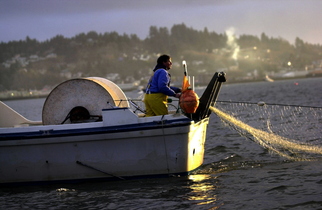 What then can be said about employees who every day toss away up to 90% of the life forms that they are responsible for killing? Their job is to remove the turtles, birds, unwanted fish, dolphins and more from the nets that have asphyxiated them, and discard their lifeless bodies back into the ocean. Is it likely that these are the sort of individuals who can be relied on to give honest testimony as to the number of endangered dolphins that are killed in their nets? Some people are obviously not cut out for this job, and several ex-fishermen have come forward to speak about the nightmare of their time on these boats. They tell tales of crews cutting dolphin's heads off or eviscerating them, in an attempt to make their bodies sink so they don't wash up on the beach and threaten their livelihoods. New Zealand activist Pete Bethune's twin brother Barry witnessed 5 Hector's Dolphins caught on the boat he was working on in a single day, and another 10 were caught in the same location that year. The captain later stated to media that he hadn't caught a single Hector's Dolphin in 20 years of fishing. Crew are told to keep quiet, since the dolphins are "stealing their fish and livelihood." This is like early European settlers arriving in America and complaining that the native Indians are 'stealing their buffalo' and thus deserve to be wiped out! Grasping at justifications, the fishing industry has tried to hijack the term extinction, claiming that their business will 'go extinct' if protection measures are put in place. Even if this were true (which it needn't be – there are many examples of fishing businesses in other countries adapting to sustainable methods after net bans) then is it even a factor that warrants consideration? Maree Kissick, evidently a fisherman's wife, posted a reply on my other blog which finished by saying "I am one of those people who will lose my home over your meddling affairs you know little about!" While a mortgage default would be unfortunate (if highly unlikely) businesses can be adapted, and homes can be downsized. Extinct species cannot be retrieved. Personally, if I knew that by giving up my house, all money and possessions I might save a species, then I would consider it my duty and do so without hesitation. I expect that anyone who shares a love of this planet and its denizens would feel a similar responsibility. Back in 2008, a Colmar Branton poll released by WWF showed that 83% of New Zealanders would prefer to have set net and trawl fishing banned completely rather than risk extinction of NZ's endemic dolphins. As the numbers of NZ's dolphins have dwindled, and the sentiments against unecological practices like net-fishing have grown, I expect that percentage has risen also. NZ's government has the choice to either represent their electors, as well as a basic ethical duty, or they can represent a handful of greedy businesses engaged in an out-dated and merciless mode of fishing. You can have your say by participating in our online opinion poll, which asks: Would you give up seafood from New Zealand to save Maui's and Hector's dolphins?
2747 Comments
|
William Trubridge William Trubridge is a worldclass athlete with true depth. He has 15 freedive world records to his name and is not only the current freedive world champion but our dedicated Hector's and Maui's Dolphins Ambassador.
Watch William's amazing underwater dolphin appeal
Watch William Breathe
Check out 9-time Emmy Award-winning ESPN producer Martin Khodabakhshian's fascinating freedive documentary 'Breathe'. The film follows William as he attempts to break his own world record by diving completely unaided to a depth of 300ft. Archives
August 2013
|
Hector's and Maui's Dolphin SOS
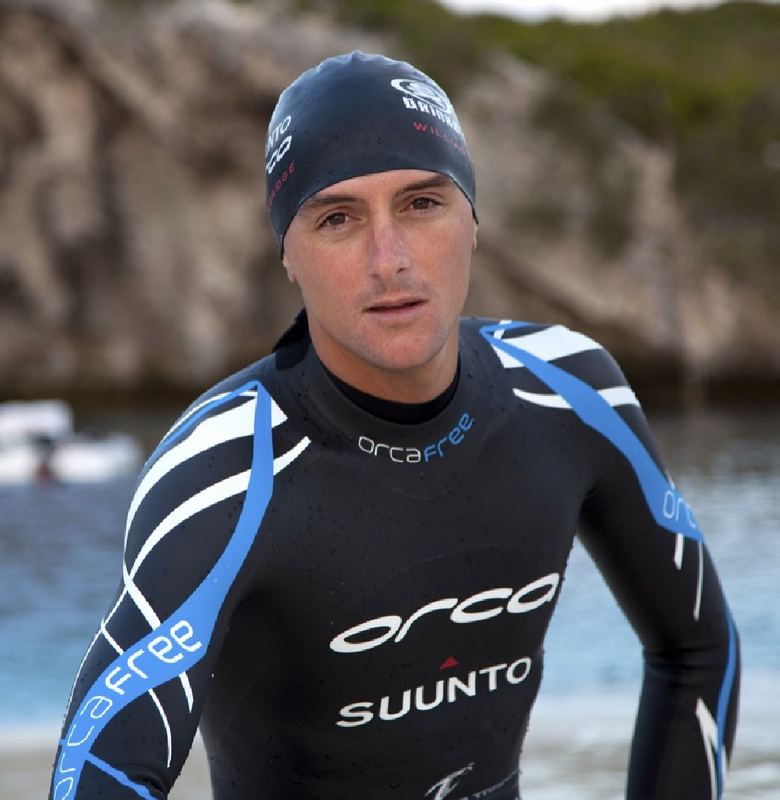
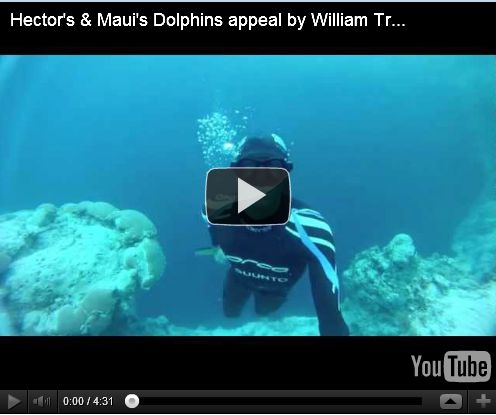
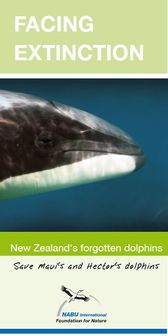
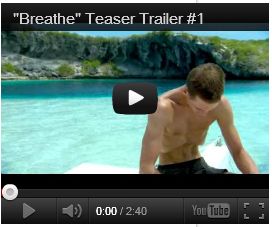
 RSS Feed
RSS Feed
